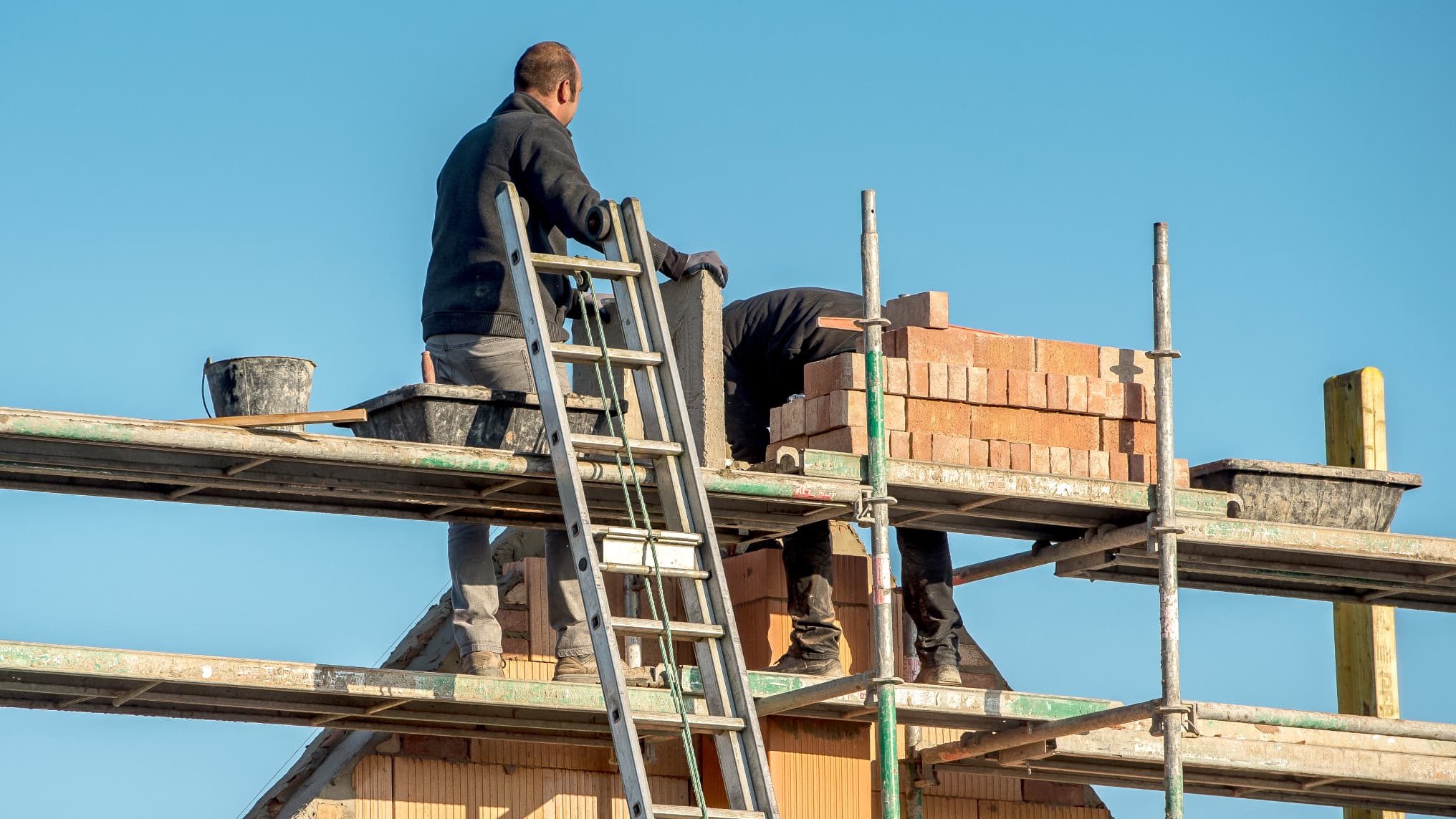The Court of Cassation ruled that someone who had built a house in excess of the dimensions allowed by their building permit could be ordered to reduce it.
Anyone who creates an abnormal neighborhood disturbance is exposed to having to repair the damage suffered by his neighbor at any cost. The argument of the unreasonable cost of this repair was rejected by the Court of Cassation. It therefore ruled that someone who had built a house in excess of the dimensions authorized by his building permit could be ordered to reduce it, regardless of the cost of the operation to him.
The principle of civil responsibility, vis-à-vis a neighbor who was not related to the project and the construction, reminded the judges, requires that his damage be fully repaired, without loss or profit for anyone.
An unreasonable cost?
The disgruntled neighbor noticed that the height of the construction, above the authorized limits, had made him lose three quarters of his view of the sea, a significant amount of sun every day and a great light in the living rooms. Reducing the height of the ridge by 70 cm would require a very significant work, argued the author of the construction, and the operation would have an unreasonable cost in view of the damage suffered by the neighbor. It would be a disproportionate penalty, he said, citing an allowable margin of error.
But the judge does not need to reduce the compensation due to the victim because it presents a disproportionate cost to the author of the damage, answered the Court of Cassation. The Court has held on numerous occasions that, in principle, the victim of the damage does not need to minimize his damage in order to accommodate the author of the damage.
In September 2022, however, he had not asked such a solution when two neighbors disagreed about the importance of building one in a housing estate, because it was not a question of civil liability between two strangers to each other, but from the application. of the rules of a subdivision contract that bound the two opponents. In this case, he accepted that the damage should be repaired by compensation and not by demolition.

